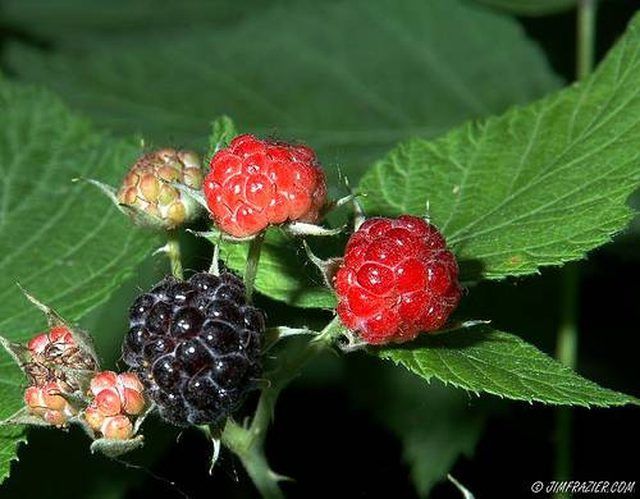Bulbs
Flower Basics
Flower Beds & Specialty Gardens
Flower Garden
Garden Furniture
Garden Gnomes
Garden Seeds
Garden Sheds
Garden Statues
Garden Tools & Supplies
Gardening Basics
Green & Organic
Groundcovers & Vines
Growing Annuals
Growing Basil
Growing Beans
Growing Berries
Growing Blueberries
Growing Cactus
Growing Corn
Growing Cotton
Growing Edibles
Growing Flowers
Growing Garlic
Growing Grapes
Growing Grass
Growing Herbs
Growing Jasmine
Growing Mint
Growing Mushrooms
Orchids
Growing Peanuts
Growing Perennials
Growing Plants
Growing Rosemary
Growing Roses
Growing Strawberries
Growing Sunflowers
Growing Thyme
Growing Tomatoes
Growing Tulips
Growing Vegetables
Herb Basics
Herb Garden
Indoor Growing
Landscaping Basics
Landscaping Patios
Landscaping Plants
Landscaping Shrubs
Landscaping Trees
Landscaping Walks & Pathways
Lawn Basics
Lawn Maintenance
Lawn Mowers
Lawn Ornaments
Lawn Planting
Lawn Tools
Outdoor Growing
Overall Landscape Planning
Pests, Weeds & Problems
Plant Basics
Rock Garden
Rose Garden
Shrubs
Soil
Specialty Gardens
Trees
Vegetable Garden
Yard Maintenance
How to Care for Black Raspberries
How to Care for Black Raspberries. Black raspberries are a sweet and juicy member of the rose family. Black raspberries have one of the highest antioxidant ratings among fruits, and have been called "the king of berries" because of their numerous health benefits. Black raspberries plants are perennial and bear fruit on biennial canes. They are also...

Black raspberries are a sweet and juicy member of the rose family. Black raspberries have one of the highest antioxidant ratings among fruits, and have been called "the king of berries" because of their numerous health benefits. Black raspberries plants are perennial and bear fruit on biennial canes. They are also surprisingly sturdy and easy to grow in almost any climate. Watering, pruning and fertilizing are the primary gardening responsibilities. If you care for your black raspberries properly, you will be rewarded with an abundance of delicious, healthy fruit.
Things You'll Need
Black raspberry plants
Wire cages or bird netting
Tomato cage or two short wooden poles and strong wire
Organic mulch
Water
Pruning shears or clippers
Choose the best spot for growing black raspberries. Black raspberry plants thrive in full sunlight and sandy loam soils where the water drains well. Black raspberry plants need to be planted in early spring in zones 5 and north, and in late fall or winter in zones 6 and south (See Resources). Plant black raspberries about 3 feet apart and keep rows around 10 feet apart.
Protect your black raspberries. Since critters such as deer, raccoons and birds love black raspberries, be sure to protect your plants with wire cages or bird netting.
Build a support trellis for your black raspberry plants. These plants have unruly growing habits, so set up a tomato cage or wooden poles with strong wire strung between them. A support trellis should be strong enough to hold up your black raspberry plants once they begin growing.
Apply thick mulch to the soil. Use organic mulch, such as compost or salt hay, to provide black raspberry plants with a constant supply of moisture. The mulch also helps make the soil slightly acidic. Black raspberry plants thrive in soil levels ranging from 5.5 to 6.5 pH.
Water your black raspberries. These plants need about 1 inch of water per week from the time they bloom until they are finished bearing fruit. Make sure the ground isn't over-saturated. If black raspberry plants are puddled in water, the roots get stressed can lead to leaf-drop.
Prune old growth from black raspberry plants every year. Save pruning for after the plants are through fruiting, which is typically in March. Remove any broken, diseased or injured canes. Be sure you don't cut out any of the fresh, green stems because these will provide you with raspberries during the next fruiting season.
Get rid of pests. Japanese beetles and aphids both love to feed on black raspberries plants. Spray your plants with a garden hose to wash away the aphids. Plant garlic around the plants to naturally fend off the beetles.
Harvest the raspberries when they're a deep, rich shade of black. Black raspberries need to be eaten or frozen as soon as possible because they are highly perishable.
Tips & Warnings
Buy your black raspberry plants from a reputable nursery, mail-order catalog or home and garden store. Make sure they are certified to be disease-free.
Don't plant any type of raspberry plants in an area where peppers, eggplant or tomatoes have grown. These crops carry a root rot called "Verticillium" which can also affect raspberry plants.